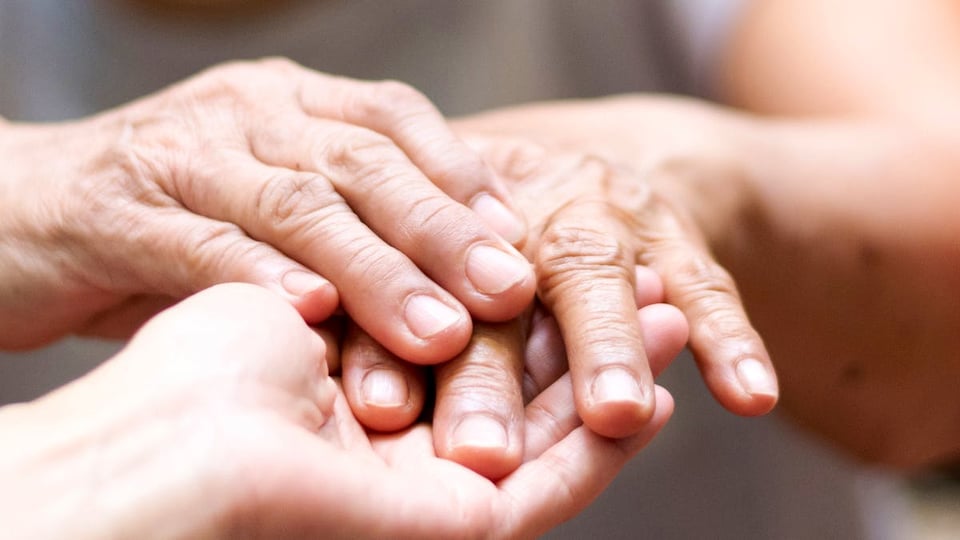Effective Rehabilitation Approaches for Patients with Parkinson's Disease
Naseem Chatiwala, PT, DPT, MS, NCS
Includes all course content in digital format
Prerequisites Required
Description
Parkinson's disease (PD) is the second most common neurodegenerative disease in the world with approximately 930,000 people living with it in the United States. Patients with Parkinson's present with a wide range of complexities that originate from direct consequences of the disease, but also from medicinal side effects and lack of activity. In addition to having motor impairments of dyskinesia, postural instability, imbalance, rigidity, tremors, gait impairments, patients with PD also have difficulty in other areas of personal and contextual factors like coping strategies, attitudes, as well as social and societal interactions. One of the most serious disability symptoms of patients with Parkinson's is freezing of gait (FOG) with almost 80% of patients experiencing it. Medication has been the traditional go to for management of Parkinson's. However, the patient still poses risk of deterioration on physical function, activities of daily living, and participation in social interactions. This can lead to inactivity, social isolation and reduced quality of life. Therefore a wide variety of health professionals need to work collaboratively and be educated on the latest rehabilitation strategies to effectively and efficiently address patient goals and function in this unique population.
Highlights
- Physiology of typical and atypical presentation of Parkinson's disease
- Review assessment tools validated to assess function in patients with Parkinson's disease
- Effective techniques to help with postural stability, addressing freezing episodes and dual tasking
- Immediately maximize your client's functional mobility using simple yet efficient and evidence-based treatment techniques
Learning Objectives
- Compare typical and atypical presentations in Parkinson's disease.
- Differentiate motor and non-motor impairments affecting patients with Parkinson's.
- Analyze the biomechanical and neuromotor factors that contribute to pathologic gait in Patients with Parkinson's using observational gait analysis.
- Examine medical and surgical management of Parkinson's disease.
- Interpret outcome tools that are validated to use to assess function in patients with Parkinson's disease.
- Examine evidence-based interventions used toeffectively treat patients with Parkinson's disease to improve function, activities of daily living, and quality of life.
Course Content
| Effective Rehabilitation Approaches for Patients with Parkinson's Disease | SCORM Package | ||
| Next Steps | Module |
- Pathophysiology of Parkinson's Disease
- Hoehn and Yahr staging scale
- Subtypes of Parkinson's disease
- Typical and atypical presentation
- Disease progression, prognosis, and mortality
- Pharmacology and neurosurgery
- Understanding mobility
- Non-motor impairments
- Fine-motor movement
- Postural stability
- Pathologic gait and falls
- Freezing episodes
- Assessment and Treatment Strategies for Enhanced Functional Mobility
- Using reliable and valid outcome measures
- Effective treatment strategies using video demonstrations
- Restorative/compensatory/preventative
- Cognition
- Pain
- Combining evidence and clinical interventions to improve function and ADLs
DISCLOSURES
FINANCIAL: Naseem Chatiwala is compensated by Summit as an instructor. She serves as adjunct faculty at MGH Institute of Health Professions and at the University of Massachusetts, Lowell DPT program. She is the owner and Physical Therapist at Rehab Health 360 LLC.
NONFINANCIAL: Naseem Chatiwala has no non-financial relationships to disclose.
Click here to check accreditation for this course.